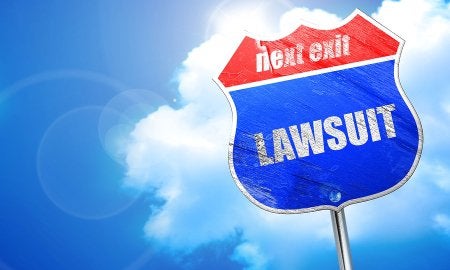Carbon monoxide is a gas that is odorless and colorless. In high concentrations, it can cause serious health problems, and it can be deadly. Installing and keeping working batteries in carbon monoxide detectors are basic safety precautions, yet many hotel owners are negligent. Survivors of carbon monoxide poisoning can turn to an injury lawyer in Tracy or Livermore for legal guidance. An attorney can also assist families of individuals who were killed due to the negligence of hotel owners.

Are carbon monoxide detectors legally required in hotels?
The law can vary from state to state. In California, smoke alarms and carbon monoxide detectors are required in each dwelling intended for human occupancy. The owner of the dwelling is responsible for both installing them and keeping them in working condition. These requirements extend to owners of hotels.
What if the hotel owner installed the wrong type of carbon monoxide detector?
A hotel owner may still be found liable for carbon monoxide poisoning injuries or death if he or she installed the wrong type of detector. In California, it is prohibited to sell, market, or distribute any carbon monoxide alarms or detectors unless they are approved by the State Fire Marshal. If you do file a lawsuit, your injury lawyer will investigate whether the hotel owner installed an unapproved detector or failed to keep an approved detector in working condition.
How do carbon monoxide leaks happen?
In some cases, a gas leak is responsible for poisoning hotel guests. It’s also possible for the equipment in the utility room to malfunction. The gas can leak out of the utility room into nearby guest rooms. If the hotel has a connected generator in operation, it’s possible for the generator to malfunction or not be hooked up properly.
How do I know if I’ve been affected by carbon monoxide poisoning?
Unfortunately, travelers spend much of their time in hotel rooms asleep. If the gas leak occurs overnight, the guests may not know their health has been affected. Some guests may be awakened by nausea, vomiting, dizziness, or headaches. Severe cases of poisoning can cause loss of consciousness, unresponsiveness, and death.
